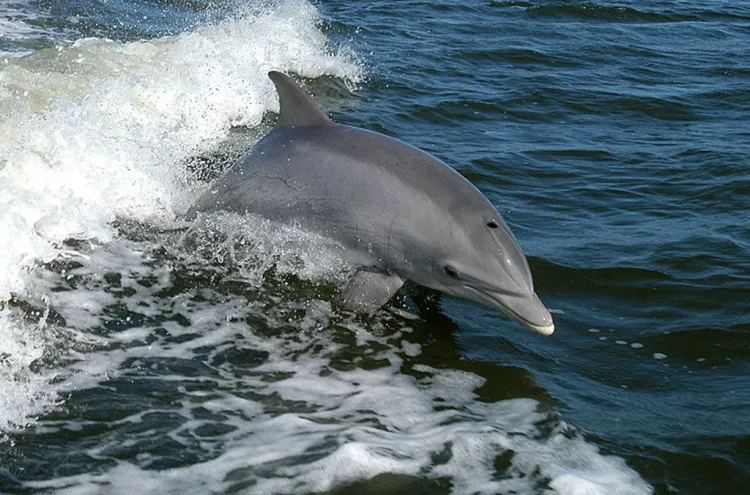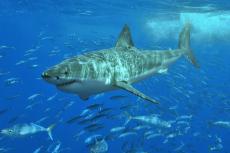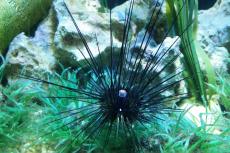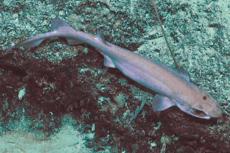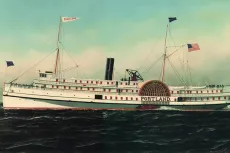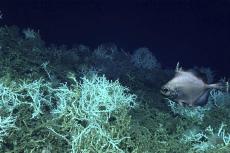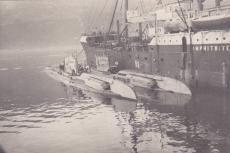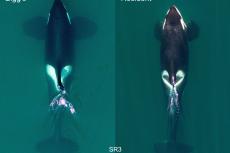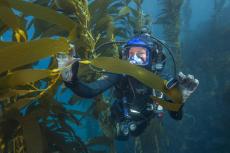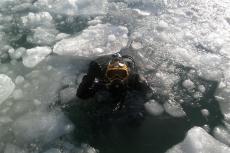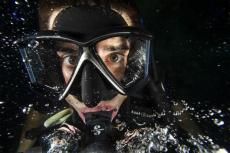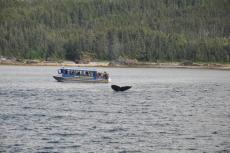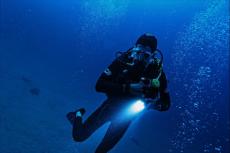Study associates Gulf of Mexico dolphin deaths with BP oil spill
Highest numbers of deaths and strandings occurring in oil-impacted areas
A study of bottlenose dolphin deaths in the Gulf of Mexico conducted between 2010 and early 2013 has concluded the highest number of strandings and deaths occurred in areas most impacted by the 2010 BP Deepwater Horizon oil spill. In comparison, Gulf Coast areas of Texas and Florida, which experienced little to no oiling, saw few statewide increases in stranded dolphins during the same period.
The study, published online in the scientific journal PloS One, was conducted by a team of scientists from marine science centers around the US, including the Audubon Aquarium of the Americas, the National Marine Fisheries Service and Louisiana Department of Wildlife and Fisheries. While the causes of the Gulf's "unusual mortality event" (UME) have not been determined, "the location and magnitude of dolphin strandings" in the year following the 2010 spill "overlap in time and space with locations that received heavy and prolonged oiling."
Studies of live dolphins in Louisiana’s Barataria Bay concluded that nearly half of all individuals tested in mid-2011 were in "guarded or worse" conditions. "In the months following the DWH spill, dolphins were observed in oiled waters, including (bay, sound and estuary) waters, at times swimming through surface oil and with oil adhering to their skin," the study said. "Dolphins therefore had potential for exposure to oil through direct contact at the surface and in the water column, through incidental ingestion from water or sediments while feeding, and through ingestion of contaminated prey.
A larger than normal number of stranded perinatal, or newborn, dolphins occurred in Mississippi and Alabama coastal waters in early 2011. "Combined exposures of pregnant females to unusually cold temperatures, freshwater runoff, and DWH oil have been proposed as the cause of the higher number of perinate strandings during 2011," the report said. But it added that Brucellosis might also be a cause or contributing factor in those deaths, as it is known to cause late-term fetal losses in dolphins. A lack of data on newborn dolphin deaths before the spill, makes it "difficult to interpret the significance of these early reported findings."
In a follow-up statement, BP said the study "does not show that the accident adversely impacted dolphin populations." BP pointed to the potential causes of the dolphin deaths cited by the scientists, other than oil. "It's important to note that unfortunately these large die-offs of dolphins aren't unusual," the statement said. "The study states that there were ten UMEs involving bottlenose dolphins documented in the Gulf prior to 2010. Over the past years there have been dolphin UMEs relating to dolphins all over the world, with no connection to oil spills. The debate continues.
- Log in to post comments


